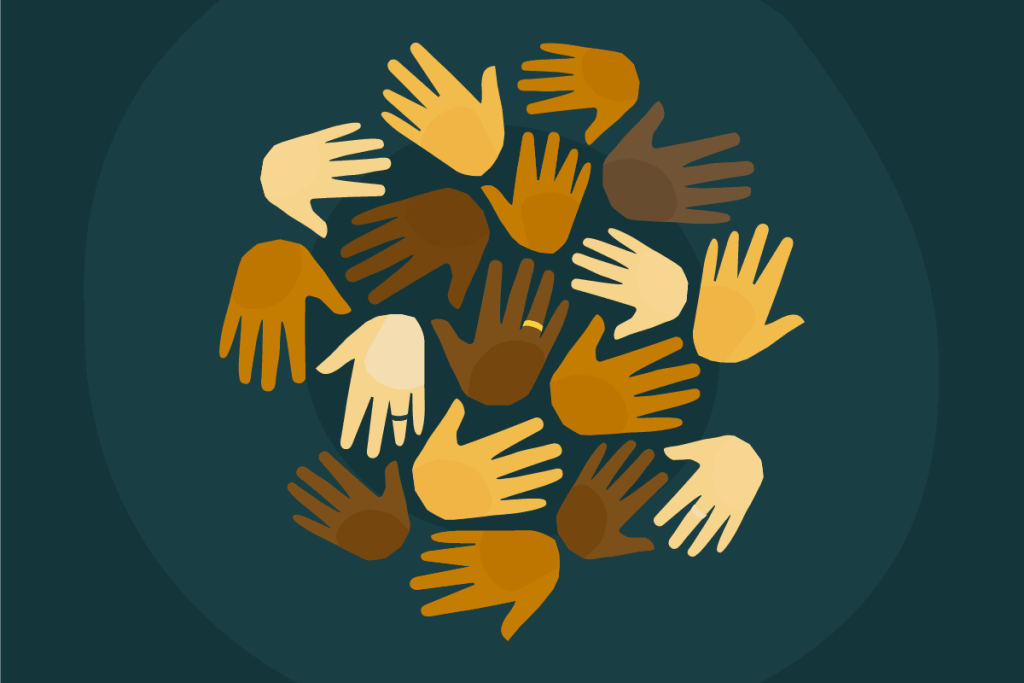The purpose of this training is to educate mental health administration staff and mental health professionals about the nature and impact of microaggressions, and to provide them with the knowledge and skills necessary to recognize, address, and prevent microaggressions in their professional environments. This training aims to foster a more inclusive, supportive, and respectful workplace and therapeutic setting, ultimately improving the quality of care and promoting the wellbeing of both clients and staff.
Learning Objectives
By the end of this training, participants will be able to:
-
- Understand the concept of microaggressions and distinguish between the different types (microassaults, microinsults, and microinvalidations)
- Recognize verbal, non-verbal, and environmental microaggressions in various contexts, particularly within mental health setting
- Describe the psychological, emotional, and social effects of microaggressions on individuals, including clients and colleagues
- Explain how microaggressions can affect the therapeutic relationship, client outcomes, and workplace dynamics.
- Reflect on their own potential biases and behaviors that may contribute to microaggressions
- Implement strategies for addressing microaggressions when they occur, including immediate and long-term responses
- Provide effective support to individuals affected by microaggressions.


